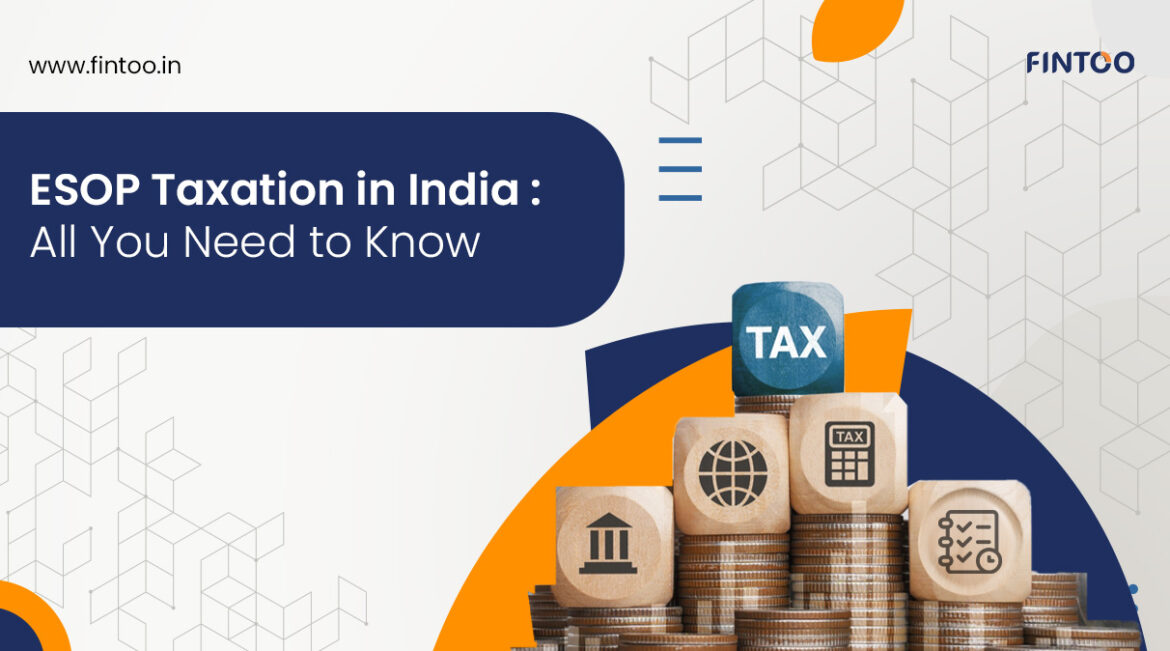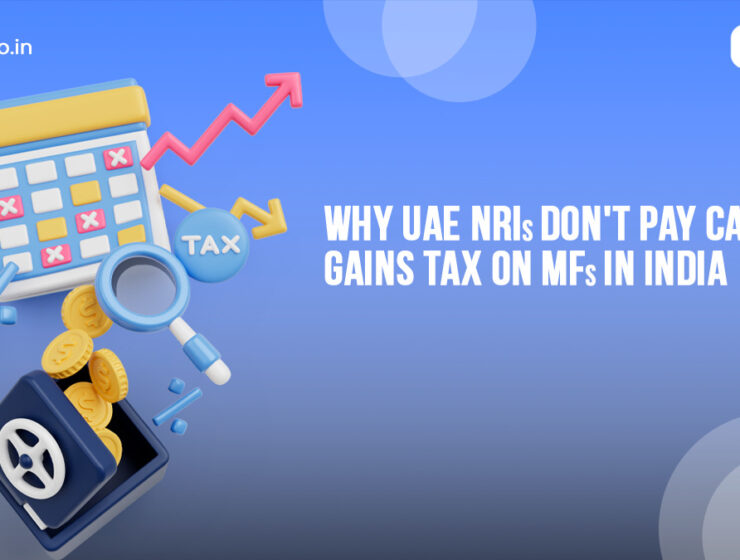

Have you ever wondered what those three letters—ESOP—mean?
They’re more than just a corporate buzzword. ESOP stands for Employee Stock Ownership Plan, a brilliant way for companies to reward their employees by giving them a slice of the business they’re building together.
Sounds exciting, right?
But here’s the catch: while ESOPs are a fantastic opportunity, they come with a maze of taxation rules you must navigate. Let’s break it all down conversationally so you can make the most of your ESOP benefits!
What is an ESOP?
At its core, an Employee Stock Ownership Plan (ESOP) is a benefits program that allows employees to buy company shares at a price lower than the market rate. This means you’re not just an employee—you’re part-owner of the company!
Why Do Companies Offer ESOPs?
- Employee Motivation: Owning shares makes employees more invested in the company’s success.
- Talent Retention: Employees must stick around during the vesting period to enjoy these benefits.
- Attractive Financial Upside: ESOPs allow you to profit as the company grows.
For example, imagine you were granted the option to buy shares at ₹100, and over a few years, those shares are now worth ₹500. That’s a win for both you and your company!
Key ESOP Terms You Should Know
Before diving into the nitty-gritty of taxation, let’s get familiar with some essential jargon:
- Grant Date: The day the company gives you the right to purchase shares.
- Vesting Period: The time you must wait before exercising your ESOPs.
- Exercise Price: The pre-determined price at which you can buy shares, often lower than the market rate.
- Market Value: The current price of the shares in the market.
- Exercise Period: The window during which you can buy shares after vesting.
Understanding these terms is like learning the rules of a game—you need them to play smart!
How Does an ESOP Work?
Here’s how it unfolds:
- Grant: The company grants you the right to purchase shares.
- Vesting: After the vesting period, you can exercise your options.
- Exercise: You pay the exercise price to buy the shares.
- Sell or Hold: Once you own the shares, you can hold them to grow their value or sell them for profit.
The Real Deal: ESOP Taxation in India
The excitement of owning shares also brings the responsibility of understanding their tax implications. Taxation happens in two stages:
Taxation at the Time of Exercise
When you exercise your ESOPs (buy the shares), the difference between the exercise price and the market value is taxed as a perquisite under Section 17(2) of the Income Tax Act.
Here’s a quick example:
- Exercise Price: ₹100
- Market Value on Exercise Date: ₹300
- Shares Exercised: 1,000
The difference (₹300 – ₹100 = ₹200 per share) is added to your salary and taxed as per your applicable slab.
- Perquisite Value: ₹200 × 1,000 = ₹2,00,000
Taxation at the Time of Sale
When you sell the shares, the profit is taxed as capital gains. The tax rate depends on how long you held the shares from the exercise date:
Listed Companies:
- Short-Term Capital Gains (STCG): If sold within 12 months, taxed at 20%.
- Long-Term Capital Gains (LTCG): If held for over 12 months, taxed at 12.5% (with an exemption of up to ₹1.25 lakh).
Also Read: Saving Tax On Long-Term Capital Gain
Unlisted Companies:
- STCG: Sold within 24 months, tax as per your income tax slab.
- LTCG: Held for over 24 months, taxed at 12.5% without indexation benefits.
Special Rules for Eligible Start-Ups
Here’s the good news for employees in eligible start-ups! The Finance Act 2020 introduced a provision that allows you to defer paying taxes on the perquisite value for up to 48 months or until:
- You sell the shares.
- You leave the company.
- 48 months from the end of the assessment year.
This flexibility helps employees manage their tax burden while holding onto their shares.
Tax Planning Tips for ESOP Holders
Managing your taxes wisely can make a huge difference. Here’s how:
- Understand Your Vesting Schedule: Align the exercise and sale dates to optimise taxes.
- Leverage Start-Up Benefits: If eligible, defer your tax payments.
- Consult a Tax Expert: The taxation of ESOPs can be complex so that professional advice can be a game-changer.
How to Report ESOPs in Your ITR?
Here’s where to report your ESOP income:
- Salary Income: Under Schedule Salary, include the perquisite value.
- Capital Gains: Use Schedule CG (Capital Gains) to report profits from selling shares.
Don’t forget to include details about unlisted or foreign company shares in the ITR!
Why ESOPs Are Worth the Hype?
Apart from financial rewards, ESOPs offer several other perks:
- Ownership and Pride: You’re not just working for the company; you own a part.
- Extra Income: Dividends add to your income stream.
- Boosting Growth: ESOP companies often grow faster, benefiting everyone involved.
How Fintoo Can Help You with Your ESOPs?
Managing your ESOPs can be overwhelming, but Fintoo is here to simplify the process. Our ESOP advisory services are designed to maximise your financial outcomes:
- Smart Portfolio Diversification: Don’t keep all your wealth tied to one stock. We’ll help you decide when and how to sell your ESOPs for better returns.
- Tax Efficiency: Our experts ensure you pay the least tax while maximising post-tax gains.
- Timing Insights: When to sell? We’ll provide data-driven advice based on market trends, company performance, and your goals.
- Investment Reallocation: Do you need ideas for what to do with your ESOP proceeds? We’ll guide you in reallocating funds to optimise returns across various investment opportunities, locally and globally.
A
Take charge of your ESOPs confidently!
Unlock the full potential of your ESOPs with a 30-minute complimentary consultation with our tax experts—schedule your session today!
Conclusion
ESOPs are more than just a financial perk—they’re a chance to share in your company’s success. However, understanding the tax implications is essential to unlock their full potential. Whether it’s navigating the complexities of taxation, planning your sales strategically, or reinvesting your profits, Fintoo is your trusted partner for making informed decisions.
—
Note:
For shares of foreign companies, ESOPs are interchangeably known as ESPPs or RSUs. However, care needs to be taken of the impact of TCS where funds transferred outside India during the year are more than Rs. 7 lakhs per year.
1
Disclaimer: The views shared in blogs are based on personal opinions and do not endorse the company’s views. Investment is a subject matter of solicitation and one should consult a Financial Adviser before making any investment using the app. Investing using the app is the sole decision of the investor and the company or any of its communications cannot be held responsible for it.
Related Posts
Stay up-to-date with the latest information.


